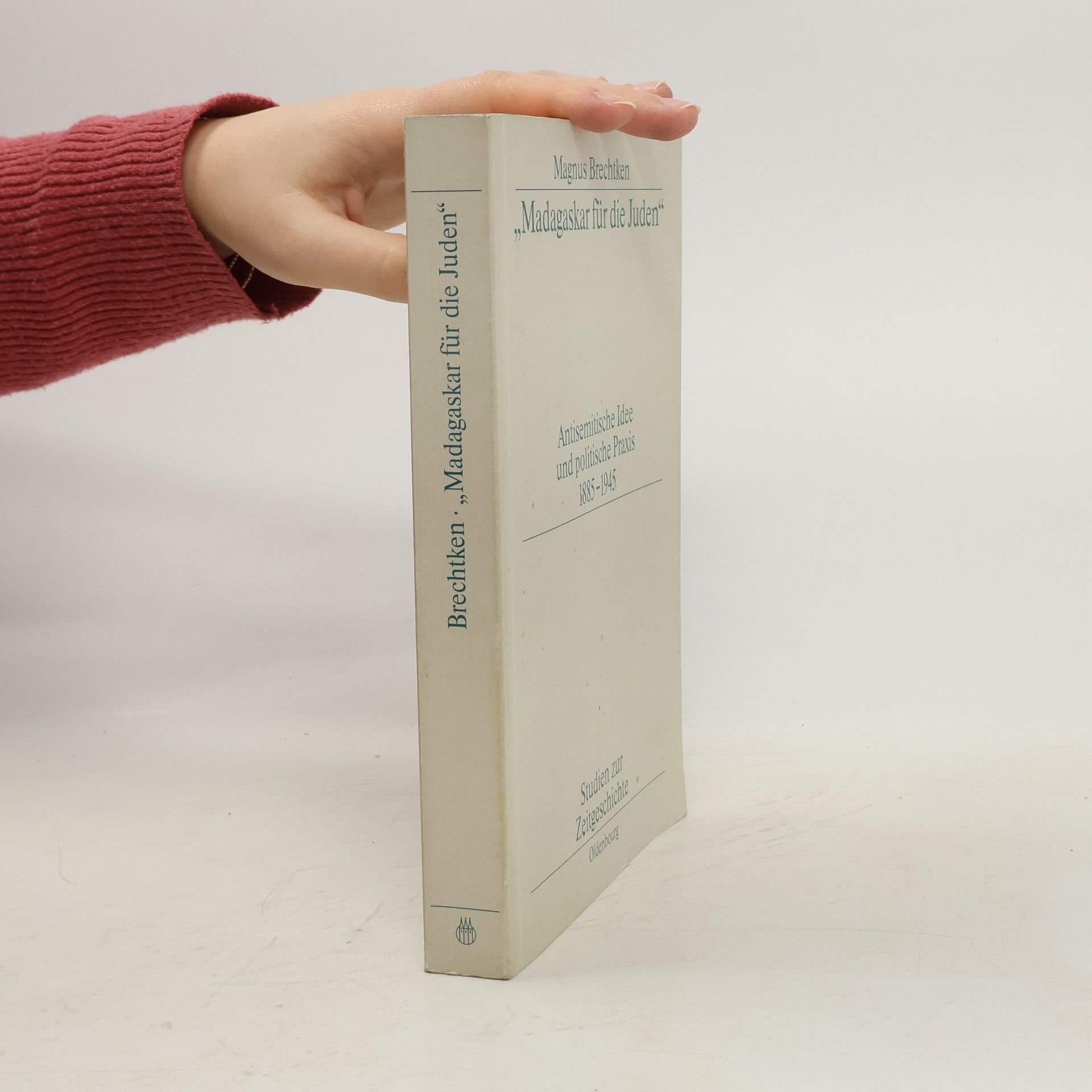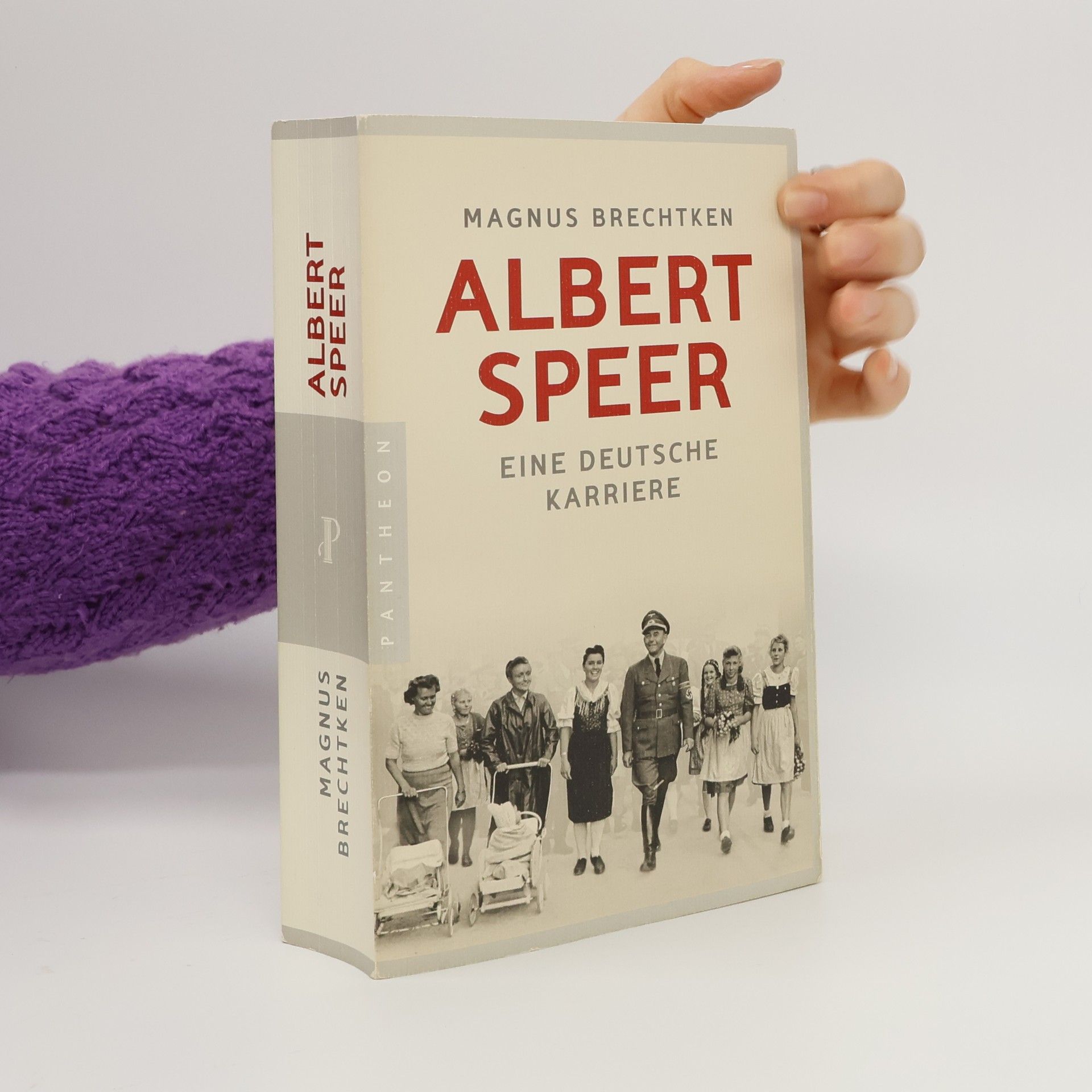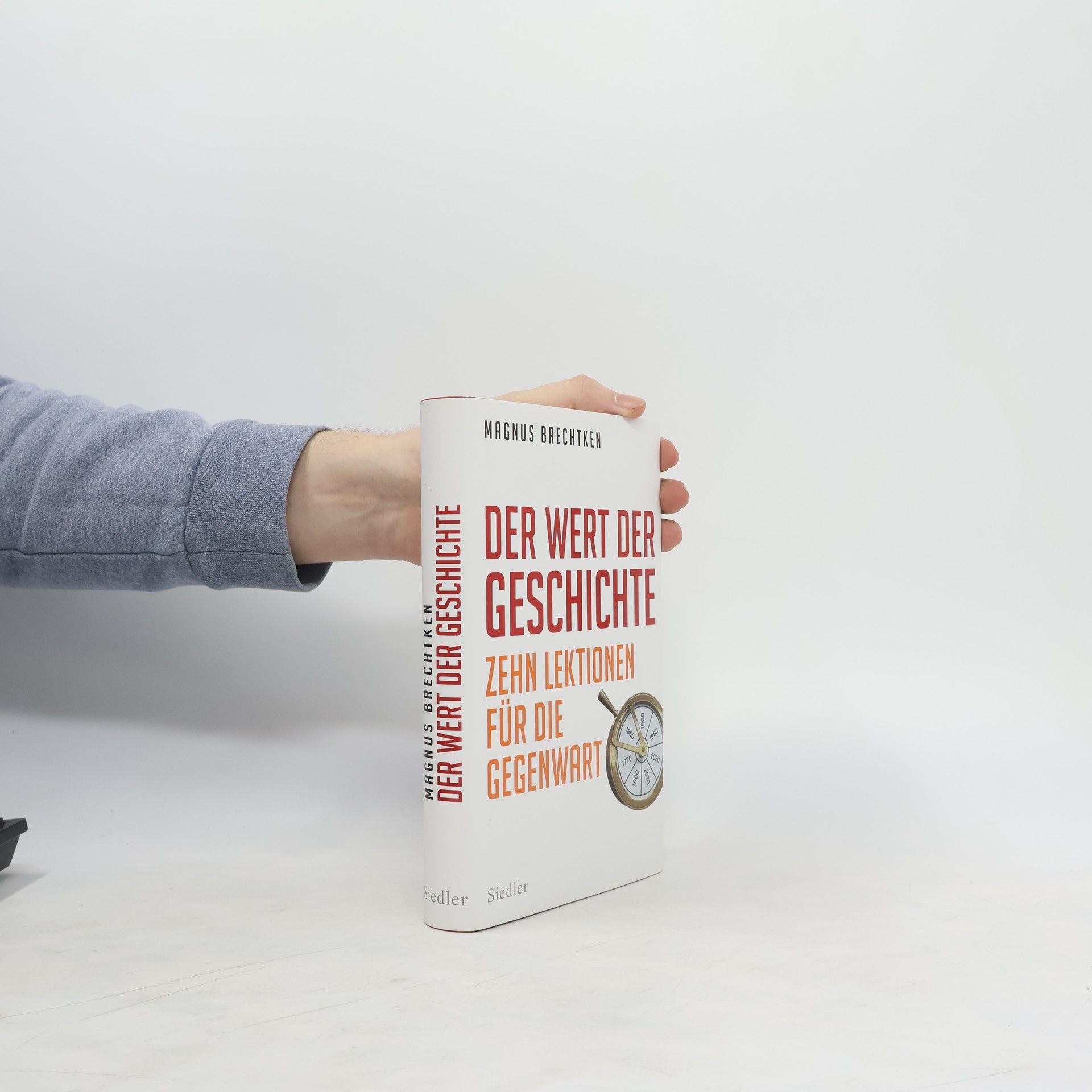Aufarbeitung des Nationalsozialismus
Ein Kompendium
Ein Überblickswerk zum Umgang mit dem Erbe des Nationalsozialismus. Die Auseinandersetzung mit dem Erbe des Nationalsozialismus hat die Geschichte der Bundesrepublik intensiv beeinflusst. Für viele Deutsche war das eine Herausforderung, die sie nur zögernd annahmen. Die Versuche juristischer Aufarbeitung, die Frage nach den Tätern, der Blick auf persönliche Verantwortung, politische Diskussionen und gesellschaftliches Beschweigen, zugleich die Memoirenliteratur und das öffentliche Erinnern in Gedenkstätten und Museen: All dies hat über mehr als sieben Jahrzehnte ein Panorama der Vergangenheitsaufarbeitung geformt. Bislang fehlte jedoch eine zusammenfassende Analyse. Magnus Brechtken hat führende Historikerinnen und Historiker versammelt, die in 30 Beiträgen einen Überblick zu den wichtigsten Themen geben. Sie bieten anschauliche Zusammenfassungen unseres heutigen Wissens, beschreiben die historischen Fakten und den Umgang mit ihnen. Mit Beiträgen von Frank Bajohr, Christopher Browning, Constantin Goschler, Jeffrey Herf, Ulrike Jureit, Wulf Kansteiner u.v.w.



